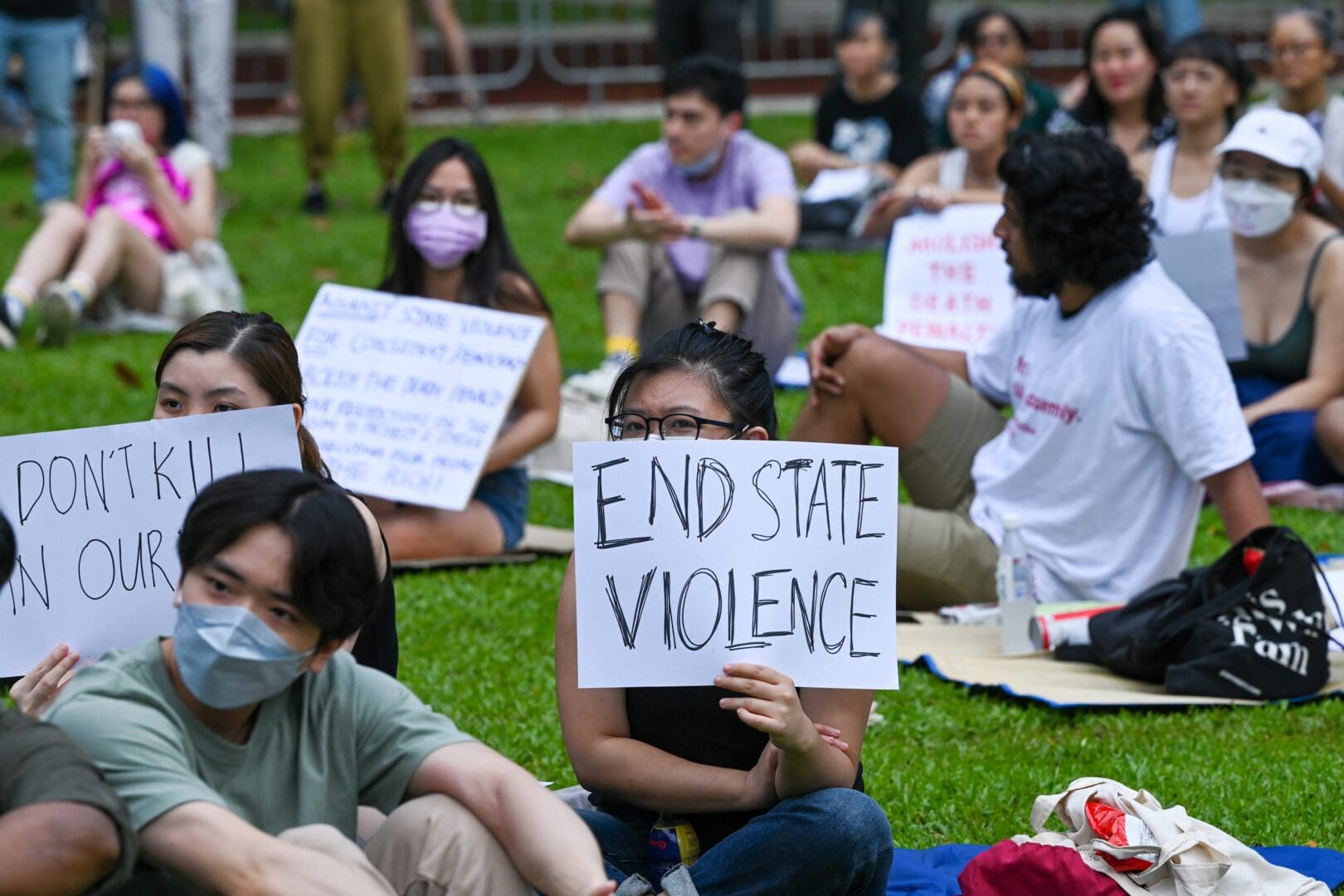
Amnesty International USA works to abolish the death penalty by researching the use of executions around the world in order to mobilize & legislate against it.
Last updated on July 29, 2024

The death penalty is cruel and inhuman.
The death penalty – also known as capital punishment – is irreversible and often imposed in cases where guilt is not proven beyond a reasonable doubt. Despite advancements for human rights, capital punishment still continues to be used in many countries throughout the world including many U.S. states.
No government should give itself the right to kill human beings. We are making tremendous progress – today nearly half of states in the U.S. and two-thirds of the countries in the world have abolished the death penalty, but much more needs to be done.
The death penalty is too flawed to fix.
The death penalty is irreversible and mistakes happen. The risk of executing an wrongly convicted person can never be eliminated. Hundreds of prisoners sent to death row in the United States have later been exonerated or released from death row on grounds of innocence. Others have been executed despite serious doubts about their guilt.
The death penalty does not stop crime. Governments that execute commonly cite the death penalty as a way to deter people from committing crime. This claim is false: there is no evidence that the death penalty uniquely deters crime or improves public safety.
The death penalty is often used within unjust legal systems. In many cases recorded by Amnesty International, people were executed after being convicted in unfair trials without legal representation. In some countries, death sentences are mandatory punishments for certain offenses, meaning that judges are not able to consider the particular circumstances.
The death penalty is discriminatory. The death penalty is applied disproportionally against people of color and poor people in a racially biased way. More than 41% of the death row population in the United States is Black, even though Black people make up about 13% of the U.S. population.
The death penalty is used as a political tool. The authorities in some countries, including Iran and Sudan, use the death penalty to punish political opponents.